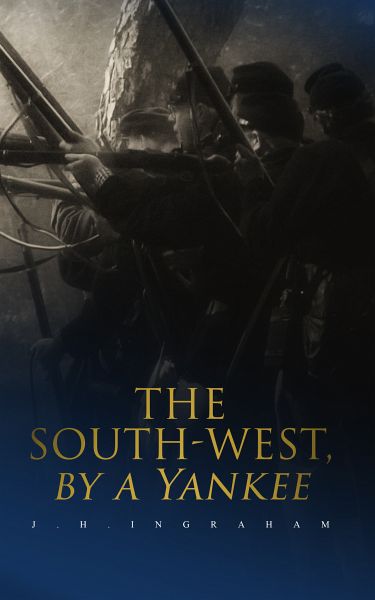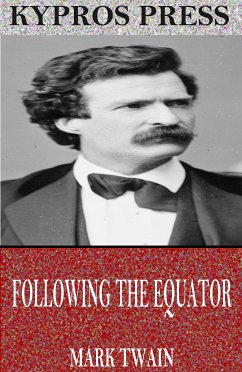
The South-West, by a Yankee (eBook, ePUB)
Complete Edition (Vol. 1&2)

PAYBACK Punkte
0 °P sammeln!
This book grew out of a private correspondence, which the author, at the solicitation of his friends, has been led to throw into the present form, modifying in a great measure the epistolary vein, and excluding, so far as possible, such portions of the original papers as were of too personal a nature to be intruded upon the majesty of the public - while he has embodied, so far as was compatible with the new arrangement, everything likely to interest the general reader. The author has not written exclusively as a traveller or journalist. His aim has been to present the result of his experience ...
This book grew out of a private correspondence, which the author, at the solicitation of his friends, has been led to throw into the present form, modifying in a great measure the epistolary vein, and excluding, so far as possible, such portions of the original papers as were of too personal a nature to be intruded upon the majesty of the public - while he has embodied, so far as was compatible with the new arrangement, everything likely to interest the general reader. The author has not written exclusively as a traveller or journalist. His aim has been to present the result of his experience and observations during a residence of several years in the South-West. This extensive and important section of the United States is but little known. Perhaps there is no region between the Mississippi river and the Atlantic shores, of which so little accurate information is before the public; a flying tourist only, having occasionally added a note to his diary, as he skirted its forest-lined borders.
Dieser Download kann aus rechtlichen Gründen nur mit Rechnungsadresse in A, B, BG, CY, CZ, D, DK, EW, E, FIN, F, GR, H, IRL, I, LT, L, LR, M, NL, PL, P, R, S, SLO, SK ausgeliefert werden.













